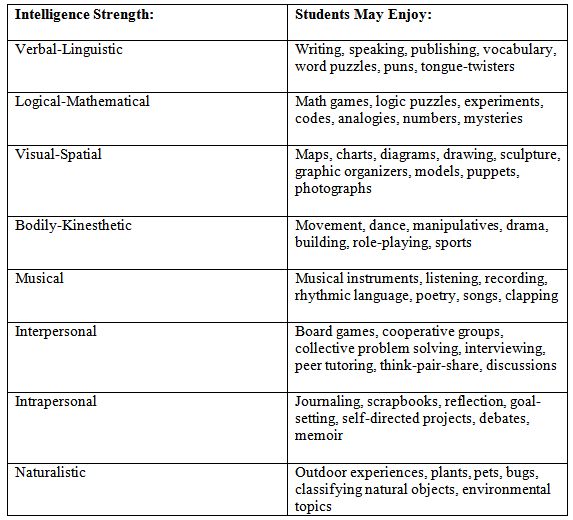Study Skills Level Two Lesson
Who is in charge of your learning?
- Your teachers
- Your parents
- You
The answer is…...You!
Your parents may help, your teachers may help, but in the end, whether you remember what you learn or let it fly out of your brain forever-- that’s up to you.
So how do you make the most of your learning? Here are some basic skills you need in order to make sure you are studying well.
- Alemanaka: Use a to-do list or a Calendar. Your alemanaka is great for this! Write down everything that you need to do. When you finish it, CROSS IT OFF. If you haven’t done it at the end of the week, copy over all of the unfinished things and put them at top priority for the next week. That way you’ll never wonder, “What do I have to do….?” It’s all right there at your fingertips. Use these helpful tips for making your to-do list!
- Multiple Intelligence: Play to your strengths. When you go home with the assignment to get ready for a test or study or notes, use your multiple intelligence strengths to look over the information. If you are studying for a science test and you love art, redraw your written notes as illustrations! If you are studying English vocabulary and your strength is music, make up a song to review the new words. Use your strengths to make the information your own.
Here are some multiple intelligence strategies for each strength:
For even more ideas, see Posted by Vishal Jain|July 30, 2008
MULTIPLE INTELLIGENCES: STRATEGIES IN THE CLASSROOM
- SQ3R: When you are reading, using the SQ3R strategy. This means: Survey, Question, Read, wRite, and Review. Stories are pretty easy to read by just jumping in. But informational texts can take more work to understand. Before you start, Survey what you’re going to read. Are there text boxes? Are there titles? Are there captions? Are there words that seem to be repeated often? Next, ask yourself Questions about the content. What questions do you think will be answered as you read? Next, Read the passage. Then Write down the main ideas in each section. Last, Review what you read and the main ideas, as if you are getting ready to present them to somebody else.
- Cornell Notes: In class we use this format, but you should use this format any time you want to really learn new information. Here are the main parts of Cornell Note Taking:
- Title and Date. This makes it easy to find the information you need later when you are reviewing your notes.
- Big Questions. In the left column, write down the big, important questions that are answered in your notes.
- Big Conclusions: In the right column, write down the big, important conclusions. You can add some evidence and support as well, but make sure to focus on the BIG ideas.
- Summary: At the bottom of every page of notes, summarize what you learned.
5. Ask Fat Questions This is based on the idea of Bloom’s taxonomy-- that there are surface questions that just make you remember information, there are questions that deepen your understanding, that help you apply your knowledge, and that on the highest of level, help you create something new with what you’ve learned.
Ask Fat Questions
· How could that…
· What is your opinion on….
· How did you react when..
· Why do you think…
· Why is this…
· How do you feel about…
· What reasons would you give for…
· How does _____relate to your own experiences?
· Explain…
· Give me some examples of…
· Why do you think_____ did that?
· What does _____ make you think about?
Use these strategies to improve your study habits! Good luck! Take the study skills Level 2 Quiz to see how well you’re able to use these to learn new things.
Use these strategies to improve your study habits! Good luck! Take the study skills Level 2 Quiz to see how well you’re able to use these to learn new things.


No comments:
Post a Comment